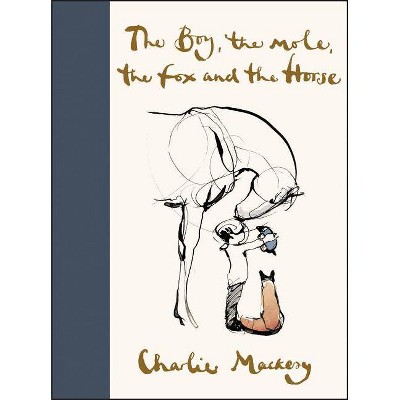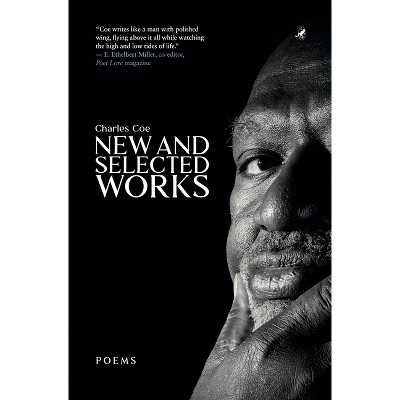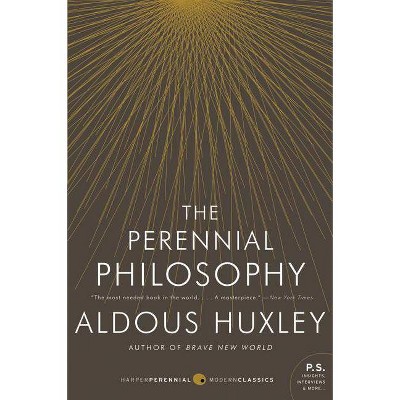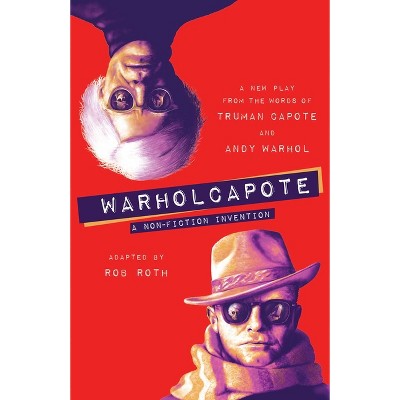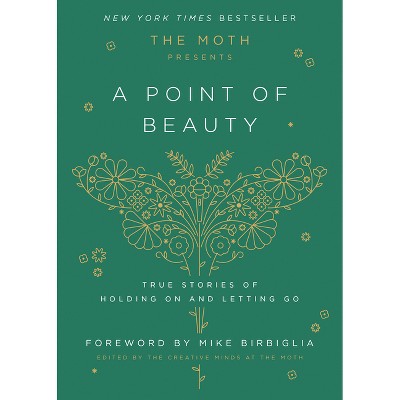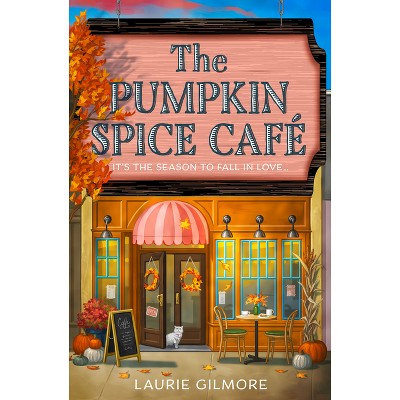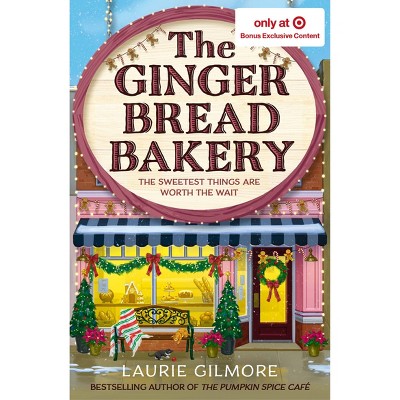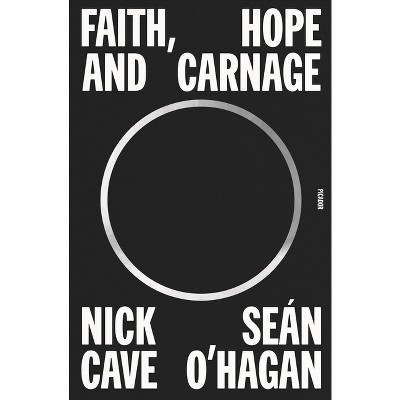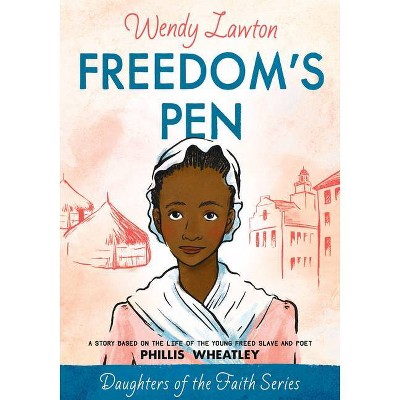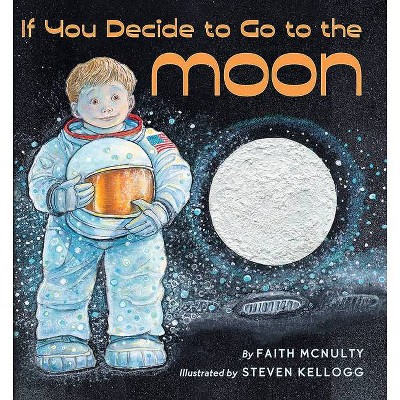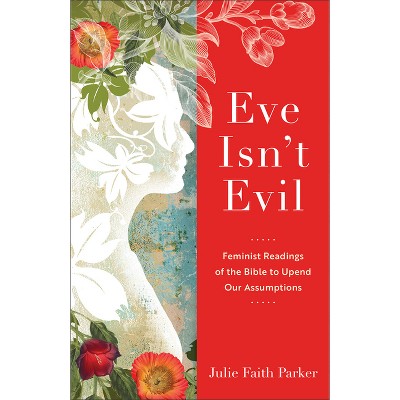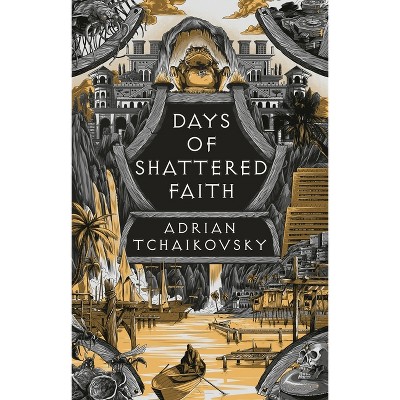Sponsored

Black Pro Se - by Faith Barter
In Stock
Sponsored
About this item
Highlights
- Black thinkers in the antebellum United States grappled with what it meant to inhabit a place, a history, and a violent legal regime.
- About the Author: Faith Barter is assistant professor of Black studies and English at the University of Oregon.
- 236 Pages
- Literary Criticism, American
Description
About the Book
Black thinkers in the antebellum United States grappled with what it meant to inhabit a place, a history, and a violent legal regime. In newspapers and pamphlets, political speeches, and fiction, Black writers persistently imagined alternative and liberatory legal futures. In reading these writers as architects of legal possibility, Faith Barter mobilizes the coincidental intimacy of prose and the legal term pro se, which refers to litigants who represent themselves in court. The book studies multiple literary genres-short stories, novels, freedom narratives, speeches, confessions, periodicals, and pamphlets-alongside legal historical treatises, trial transcripts, judicial opinions, and statutes. Barter juxtaposes nineteenth-century law and literature to show how Black writers counterintuitively used legal forms to reimagine their own relationships to time and place. Organized around four legal forms-appeal, confession, jurisdiction, and precedent-this book demonstrates how Black writers creatively used them to challenge the logics of their oppression. Reading Black writers not merely as witnesses or victims but as visionaries for what the legal system could be, this book excavates the importance of legal thinking in the African American literary tradition"- Provided by publisher.Book Synopsis
Black thinkers in the antebellum United States grappled with what it meant to inhabit a place, a history, and a violent legal regime. In newspapers and pamphlets, political speeches, and fiction, Black writers persistently imagined alternative and liberatory legal futures. In reading these writers as architects of legal possibility, Faith Barter mobilizes the coincidental intimacy of prose and the legal term pro se, which refers to litigants who represent themselves in court. The book studies multiple literary genres--short stories, novels, freedom narratives, speeches, confessions, periodicals, and pamphlets--alongside legal historical treatises, trial transcripts, judicial opinions, and statutes.
Barter juxtaposes nineteenth-century law and literature to show how Black writers counterintuitively used legal forms to reimagine their own relationships to time and place. Organized around four legal forms--appeal, confession, jurisdiction, and precedent--this book demonstrates how Black writers creatively used them to challenge the logics of their oppression. Reading Black writers not merely as witnesses or victims but as visionaries for what the legal system could be, this book excavates the importance of legal thinking in the African American literary tradition.
Review Quotes
"Black Pro Se is a compelling, creative, and original work of scholarship. Faith Barter has written a model of how to theorize law and literature in a way that does justice to both--a work that will be generative for scholars in law, literature, history, and their intersections for many years to come."--Jonathan Beecher Field, Clemson University
About the Author
Faith Barter is assistant professor of Black studies and English at the University of Oregon.Shipping details
Return details
Trending Paperback Books


